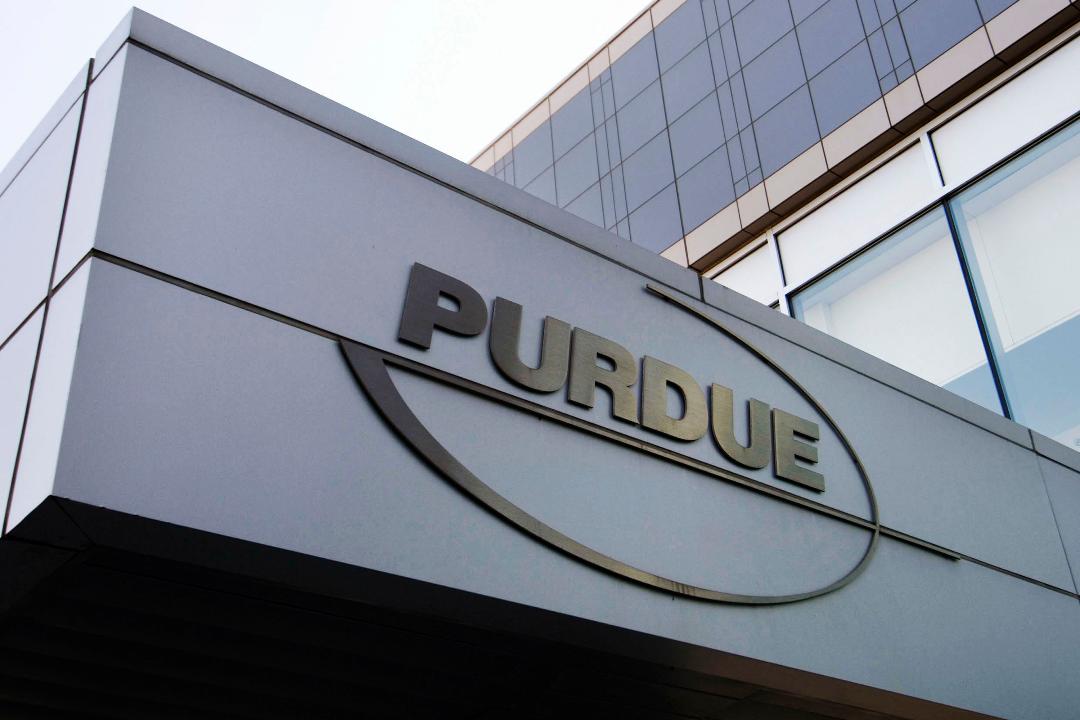Purdue Pharma: The bankruptcy journey begins
Just days after Purdue Pharma filed for bankruptcy and embarked on a multi-billion dollar plan to settle lawsuits over the nation’s deadly opioid crisis, the maker of painkiller OxyContin is slated to appear in court.
Filing for Chapter 11 protection was the first step in a plan Purdue says it would provide $10 billion to $12 billion in restitution to state and local governments and clean up the damage done by powerful prescription pain medicines and illegal opioid use linked to them.
The Connecticut-based pharmaceutical giant, which is controlled by the Sackler family, has been accused of fueling the nationwide opioid crisis. Powerful prescription painkillers and illegal opioids like heroin and fentanyl have been blamed for more than 400,000 deaths in the U.S. within the past two decades, according to government data.
that has left more than 400,000 people dead from opioid abuse over the past two decades.
Two dozen states have signed on to the settlement plan along with lawyers who represent many of the 2,000-plus local governments suing the company.
The plan calls for turning Purdue into a “public benefit trust” that would continue selling prescription opioids but use its profits for lawsuit settlements. The Sackler family would give up control of Purdue and contribute at least $3 billion toward the settlement.
More than 20 states and the District of Columbia have opposed the plan, arguing that it won’t provide as much money as promised and the Sacklers are getting off too easy.
HERE’S WHAT YOU NEED TO KNOW ABOUT THE BANKRUPTCY
The initial hearing will be held in federal court in White Plains, New York, before U.S. Bankruptcy Judge Robert Drain.
Tuesday's appearance will focus on whether Purdue Pharma will be able to pay its bills while in bankruptcy, according to The Asociated Press, adding the judge may hear objections that the filing was made in “bad faith." Those arguments could be tabled for another day.
THE DECISION
Drain will eventually decide whether to approve or reject the settlement or seek modification and what will happen to the company itself.
Without a settlement, all the claimants may wind up in a race to litigate in other courts and get a judgment before the company runs out of money.
TENTATIVE DEAL
Purdue Pharma would continue to operate, but profits would be used to pay for the settlement.
The Associated Press contributed to this report.




















